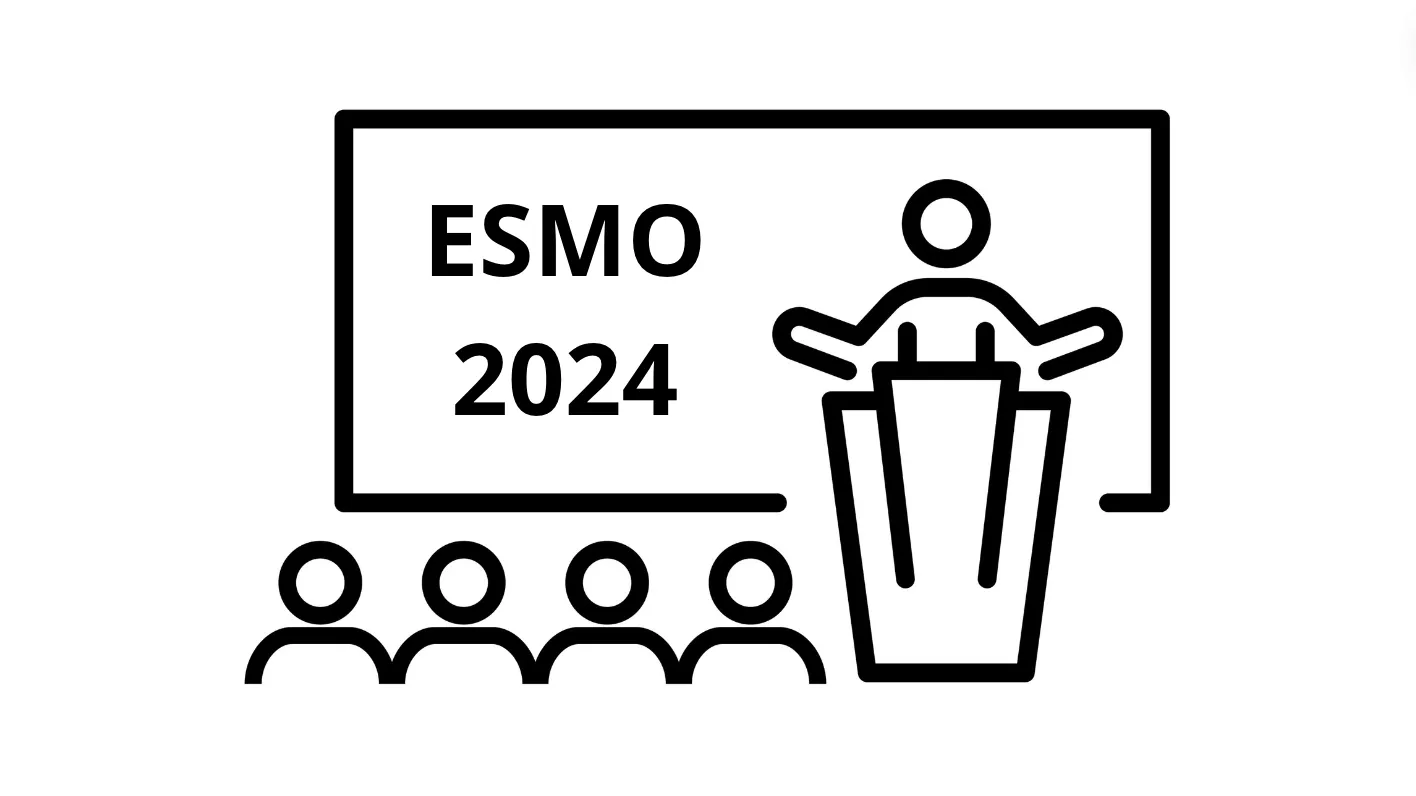Highlighted Cancer Advances in Oncology at ESMO 2024
Wednesday, 18 September 2024, 14:01

Cancer Innovations at ESMO 2024
The ESMO Congress serves as a pivotal platform for sharing significant updates in oncology, with an emphasis on cancer research and treatment strategies.
Key Findings from ESMO 2024
- Nivolumab & Tivozanib Fail in Renal Cell Carcinoma: The phase 3 TiNivo-2 study revealed no benefit from the combination therapy for metastatic renal cell carcinoma.
- Adagrasib vs Docetaxel for KRAS G12C-Mutant NSCLC: Adagrasib offered superior outcomes over docetaxel for patients with KRAS G12C mutations.
- T-DXd Effective for HER2+ Breast Cancer with Brain Mets: T-DXd showed promising results in HER2-positive breast cancer patients with brain metastases and consistent progression-free survival rates.
- Pembrolizumab Improves Survival in Early-Stage TNBC: KEYNOTE-522 trial demonstrates a survival benefit with pembrolizumab combined with chemotherapy.
- Lenvatinib and Pembrolizumab for Thymic Tumors: The combination therapy showed a promising progression-free survival rate in patients with thymic carcinoma.
- LITESPARK-005: Belzutifan Shows Promise in Clear Cell RCC: Belzutifan outperformed everolimus for advanced renal cell carcinoma.
- Promising Dato-DXd Findings for Endometrial & Ovarian Cancer: Dato-DXd showed manageable toxicity and effectiveness in advanced ovarian and endometrial cancer.
- Melanoma Treatment Advances: Fianlimab & Cemiplimab: These treatments demonstrated persistent clinical activity in advanced melanoma patients.
- Zipalertinib Effective in EGFR Exon 20-Mutated NSCLC: Zipalertinib showed promising efficacy in NSCLC patients with specific mutations.
- Radium-223 & Enzalutamide Boost Prostate Cancer Outcomes: This combination therapy improved outcomes for prostate cancer with bone metastases.
Visit the ESMO website for more details on these advancements and their implications for cancer treatment.
This article was prepared using information from open sources in accordance with the principles of Ethical Policy. The editorial team is not responsible for absolute accuracy, as it relies on data from the sources referenced.